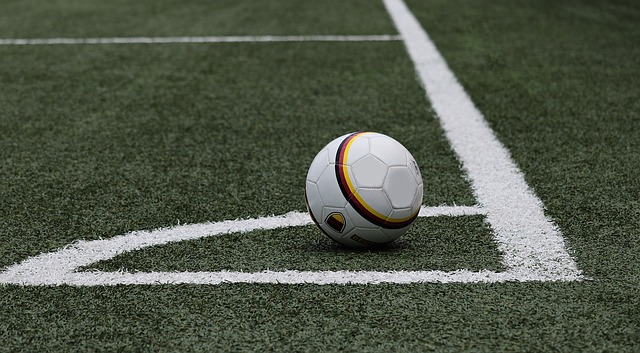Rather than speculate on which direction Bellingham will go from Blues, I wanted to take a look at the rules to understand how we got here – and why it’s been so important for the club to get to this point.
Signing a contract
While Bellingham is only eligible to sign a pro deal next Monday, per EFL Youth Development rules Blues were able to offer terms to the teenager after the January 1st in the year of Bellingham’s 16th birthday – 1st January 2019.
Understanding this makes it obvious why the club was anxious about the difference in opinion between the Bellingham family and Garry Monk.
It would have been imperative to get the Bellinghams into agreement with the club in order that they could protect their most precious asset.
Had Bellingham decided to move on to a club in the UK, Blues would have received a training compensation fee set by tribunal. Had he gone abroad, it would have been a flat €210,000.
Towards the end of Monk’s reign things had become acrimonious and there are rumours that Jude and his family were looking at him potentially moving on to other clubs.
The best thing any club can offer a young player is a path to the first team – and it wouldn’t surprise me if the board were pushing Monk to include Bellingham in the matchday squad even though he was not 16 yet.
Training Compensation
If a player signs his first professional contract with a club playing in a different association as the one he trained with, then all of that player’s former clubs are due training compensation from that player’s 12th birthday.
This figure is based on table compiled by FIFA which rates clubs based on the Confederation they are in and what category the club is.
A good recent example of this was Louie Barry, who moved from West Bromwich Albion to Barcelona after he declined a contract offer from the Baggies. Because WBA have a category one academy, they were entitled to €250k from the Catalan giants – a scant reward for bringing through a highly rated player.
To even get the minimum Blues have had to make Bellingham an offer of re-engagement by the third Saturday in May (May 16) to retain his domestic competition rights and by no later than 60 days before the end of his contract (May 1) to retain his international competition rights.
While it is possible to drive the price of training compensation up – as Manchester City did with Jadon Sancho going to Borussia Dortmund in 2017 – it is a massive game of brinkmanship that Blues could not afford to lose.
This is why I believe that we as a club owe the Bellingham family a debt of gratitude. By doing things in the manner that they have been done, it will have ensured that Blues receive a fee that is a better approximation of the massive potential Bellingham has than the one the Baggies got for Barry.
Future Monies
There has been a lot of talk of sell-on clauses in the deal but one that people may not be aware of is the solidarity payment. Clubs receiving a transfer fee for an internationally bound player have to set aside 5% of the fee and any contingency payments as a solidarity payment, which is shared between the clubs who trained the player between his 12th and 21st birthdays.
Therefore if Bellingham does decide to go to Dortmund and then down the line is transferred to a Premier League club for a fee, under the rules Blues will receive a portion of the 5% solidarity payment to reflect their training of him. This works out under FIFA rules to 40% of the solidarity payment (or 2% of the total fee) as Bellingham has completed the season of his 17th birthday with Blues.
This solidarity payment is in addition to any sell-on clauses that may be inserted into the contract; however it is my understanding that some clubs will add in a payment so that the selling club waives their rights to a fee.
Whatever happens, I think every Blues fan should agree with me that Bellingham deserves the best move possible. It has been an absolute pleasure to see his talent bloom this season in a Blues shirt and I hope that wherever he goes, the fans appreciate him as much as we have.

